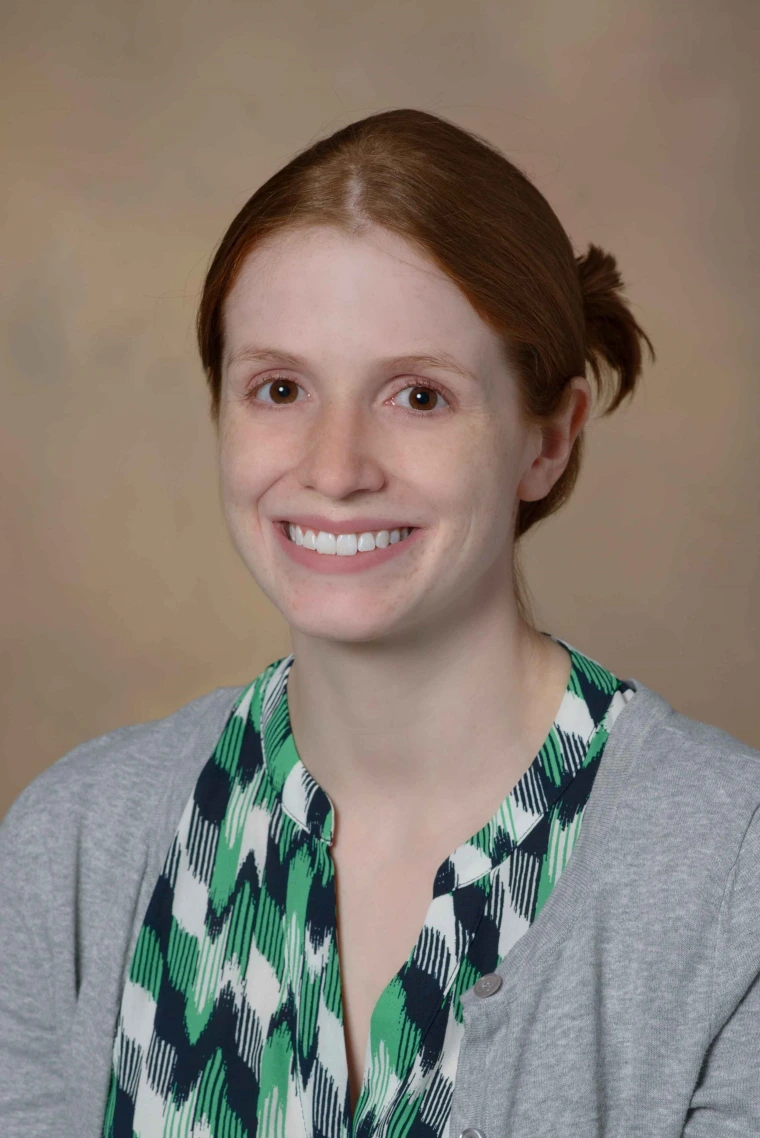Welcome to Emergency Medicine, Sarah Pungitore, PhD

Dr. Sarah Pungitore, Assistant Research Professor
This month, we are delighted to welcome Sarah Pungitore, PhD, a data scientist with deep roots at the University of Arizona, to our department. She will serve as an assistant professor and research scholar. According to Sam Keim, MD, department chair of emergency medicine, her expertise in using artificial intelligence (AI) and machine learning (ML) to solve real-world health care challenges will support and enhance research and clinical decision-making (i.e., diagnostics and treatment planning).
Dr. Pungitore participates in a wide variety of ongoing AI-driven research with the department and other U of A faculty. For instance, she has helped advance the use of computable phenotyping, a large language model (LLM) algorithm based on electronic health records (EHR), to better identify patients who will suffer from “long COVID.” Likewise, her expertise in statistical analysis contributes to the department’s research on the optimal kind of initial respiratory support in patients with respiratory failure associated with COVID-19 and other causes. She is also engaged in research to improve the use of longitudinal EHR data (via temporal modeling) to improve clinical prediction. To learn more, you can read her research publications.
Dr. Pungitore earned both her Master of Science in 2021 and her doctorate in 2025 in applied mathematics, with a minor in biomedical engineering, at the U of A. Since 2021, she has also been a research associate in the U of A’s Health Systems Engineering and Informatics Laboratory — run by Vignesh Subbian, PhD, interim director of the BIO5 Institute and associate professor of biomedical engineering — where she has undertaken the kind of research described above as well as, for example, building and optimizing ML models to predict clinical intervention in patients with blunt splenic trauma.
“I am excited to join the DEM team and jump into all of the interesting projects. There are a lot of opportunities for using data science to advance emergency medicine research,” Dr. Pungitore said. On a personal note, she added that after coming to the U of A for graduate school, “I ended up loving the desert and the sense of community in Tucson.”

